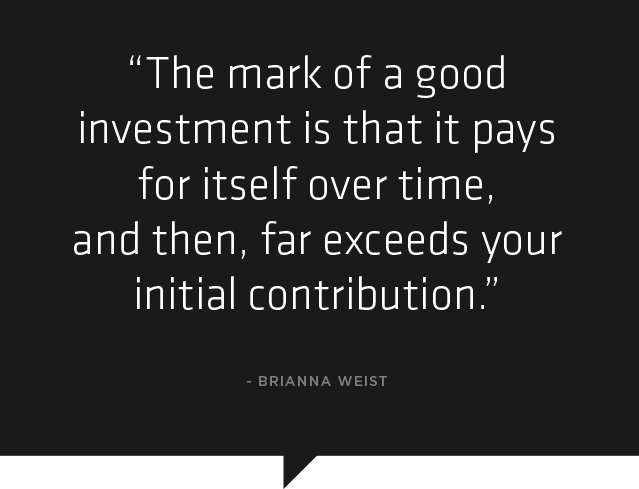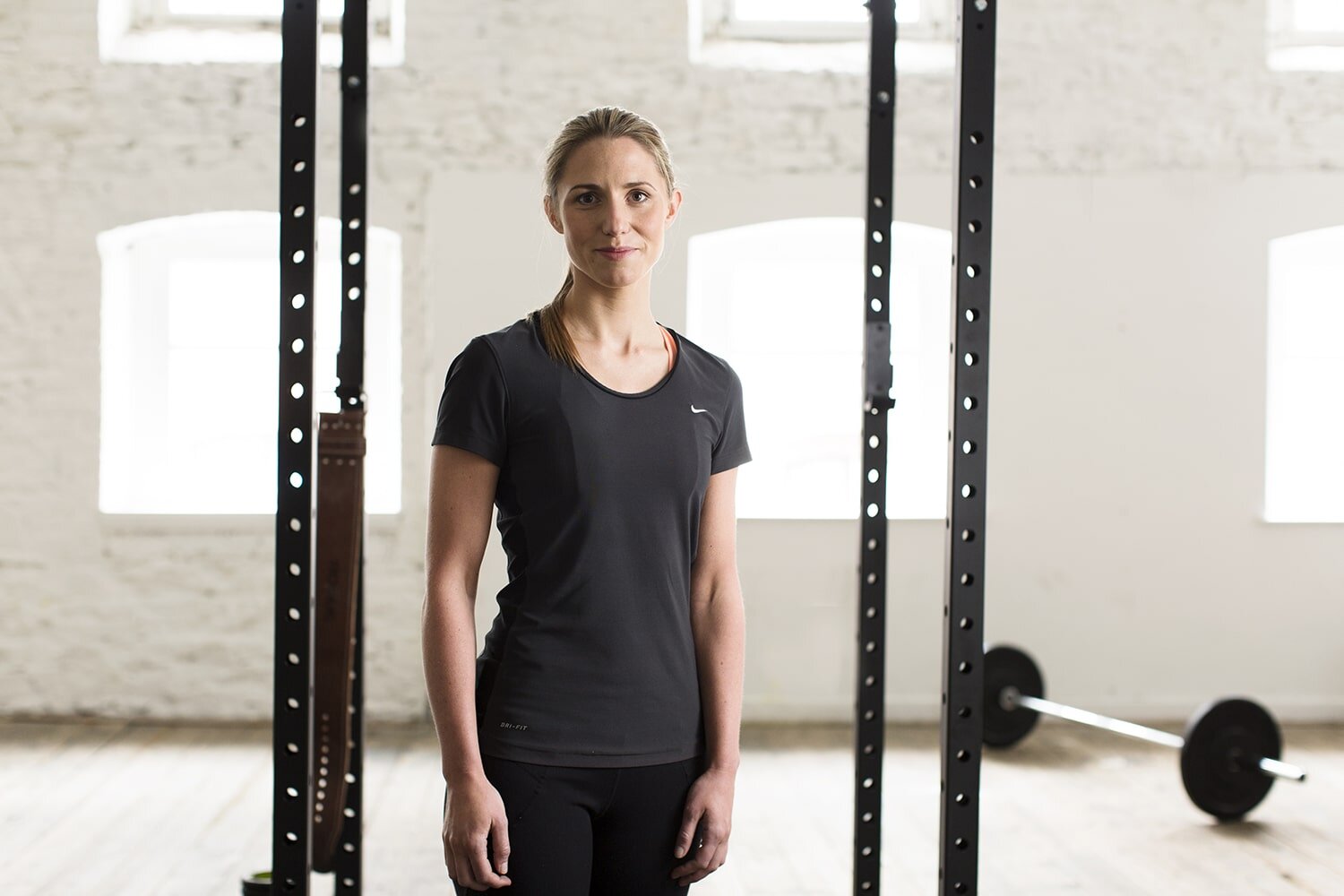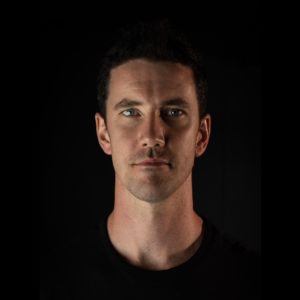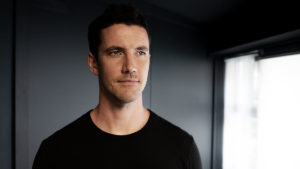James Clear, author of Atomic Habits, says:
“Your outcomes are a lagging measure of your habits. Your net worth is a lagging measure of your financial habits. Your weight ins a lagging measure of your eating habits. Your knowledge is a lagging measure of your learning habits… You get what you repeat.”
Cost vs Benefit
Everybody who trains with us has to weigh up the cost of training, versus the benefit. The ones that succeed realise that what they’ve done in the past isn’t cutting it, and coaching is worth the investment.
It is an investment – of time, energy and money.
 Personal Training is a perfect example of this.
Personal Training is a perfect example of this.Long term thinking
The biggest obstacle that most people put in their own way is convincing themselves that they can get by without something.
Of course you can train by yourself. If you have the knowledge, experience, skills and motivation, then you don’t need us. But the reality is that most of us are too busy with the demands of work, school or family to build the knowledge and habits that lead to genuine, lasting change in the body.
Up to about the age of about 18, most of us are encouraged to use our body in some way, such as in school sports. After that, we often see our body as a transportation device for our brain for the rest of our lives.
The society we live in values certain types of success – career, property, wealth and so on. If someone buys a nice car, or builds up a successful business, it’s pretty normal to wonder how they did it, and try to replicate their results.
However when we see someone who’s physically fit and has a great physique, for some reason we’re more inclined to believe that’s not available to us.
We’re more likely to say
“Ah that’s great for them but I’m different”
“I should be able to do this myself”
“I’ll leave it until I’ve got more time”
“I leave it till the new year“
We rarely just ask ‘How do I get that?”
I know how. That’s what I show my clients.
As Weist points out,
“So many self-investments are non-necessities, if you’re thinking of your life in terms of sheer survival. Do you need organic food to get by? Of course not. Do you need advanced workout classes? Of course not. Do you need a coach? Of course not. Do you need to read another book this week? Of course not.”
But once our needs are taken care of, we all have the impulse to spend our discretionary income on things that make us feel good in the moment, rather than in the long run. We spend money on clothes, alcohol, eating out – all to make us feel better in the moment, rather than investing in something that’s going to give a much greater, longer-term payoff.
If you have money to spend on things that are non-necessities, but don’t actually make your life better, then you don’t have a budget problem – you have a priorities problem.
And with coaching, you’re not just paying a gym fee – you’re also paying to have someone coach you, support you, hold you accountable, give you the expertise, give you the education to help you reach your goal.
Habit, not motivation
Our coaching method is built on a series of strategic exercise and nutrition habits. Our process helps you to hardwire these habits into your daily life, so they just become part of who you are. You’re not dieting. You’re not constantly depriving yourself. You’re not doing endless, torturous training. Habit is like that. You don’t wake up every morning and have to dig deep to find the motivation to brush your teeth. It’s just a habit.
For most of us we have no problem in investing in our business, our careers to see a result.
But for some reason, we don’t see that with our physical self and our body. My goal is to empower our clients to experience a high quality of life, all the way through the time on this earth.
Tiny gains or tiny losses
“If you want to predict where you’ll end up in life, all you have to do is follow the curve of tiny gains or tiny losses, and see how your daily choices will compound ten or twenty years down the line. Are you spending less than you earn each month? Are you making it into the gym each week? Are you reading books and learning something new every day? Tiny battles like these are the ones that will define your future self.”
– James Clear
So just ask yourself that – how are you doing in the tiny battles of everyday life? Nobody is coming for you – this is your call. Eventually, you have to decide you care enough about yourself to invest in who you are. If you want our help in that, we’re here.




